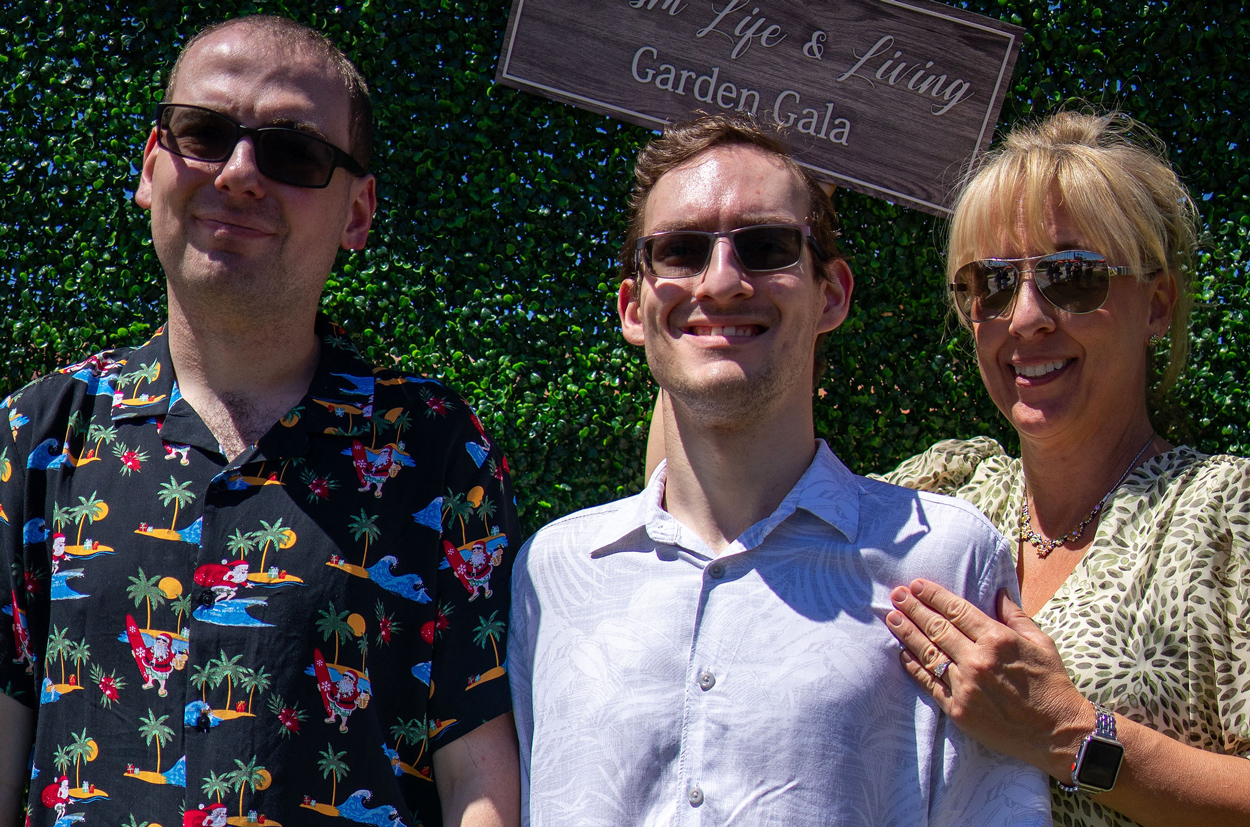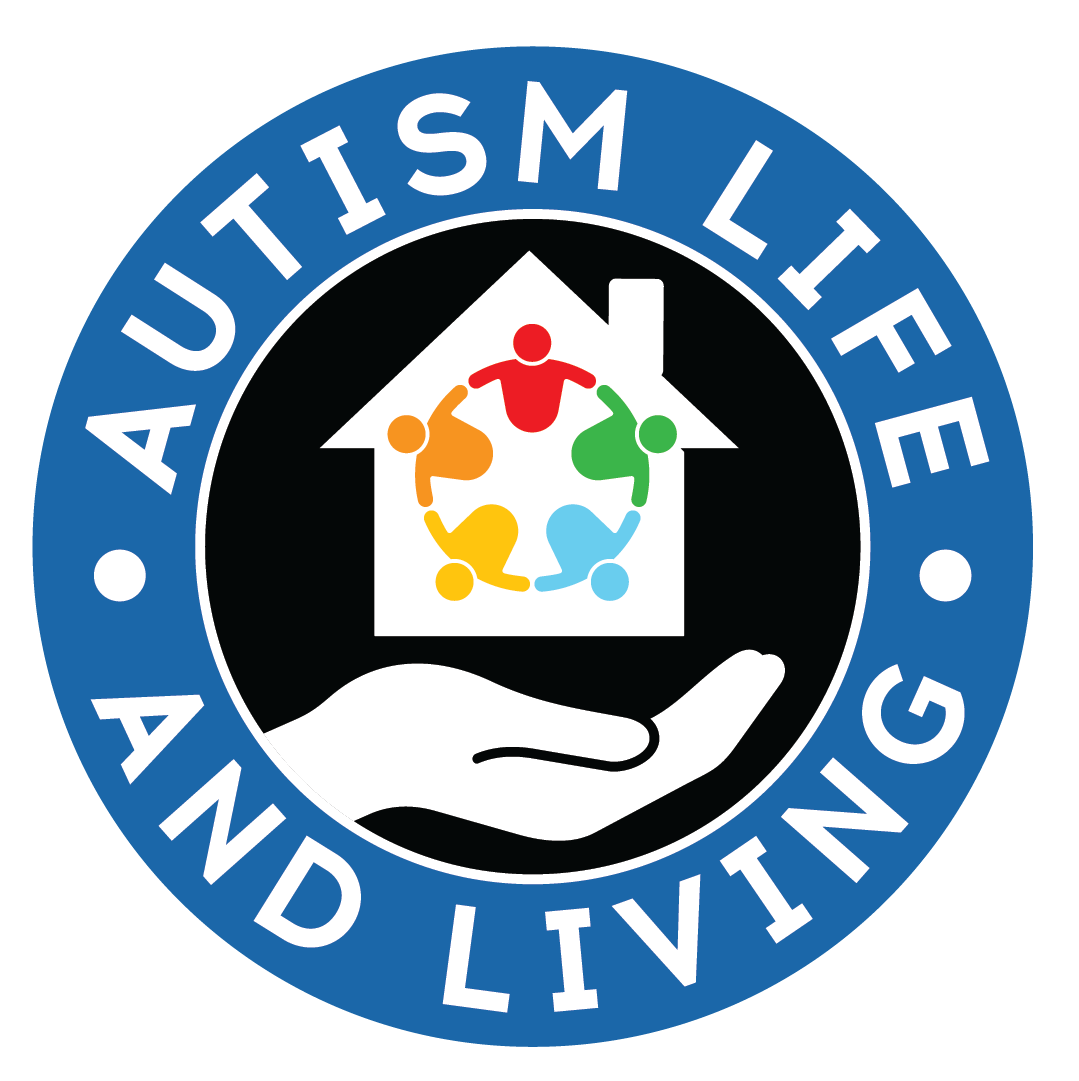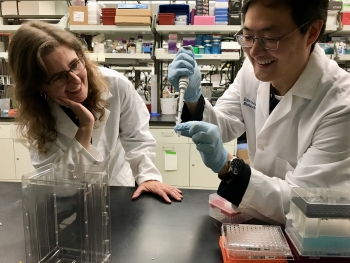
Empowering Adult Autism: Love, Skills, Success
The Arizona sun warms my skin as I watch my two sons, Brandon and Andrew, laugh together on our patio. It’s a scene I wouldn’t trade for the world, but the path to get here wasn’t always easy. As a mother of two young adults on the autism spectrum, and the Founder & CEO of a local non-profit focused on supporting young adults with autism, I’ve learned a lot about navigating this beautiful, complex world.
Today, I want to share some insights on empowering adults with autism. It’s a journey paved with love, belief, and a willingness to learn and adapt.
Believing in Their Possibilities
My boys were diagnosed young, and the initial prognosis often felt like a storm cloud overhead. “They might never live independently,” some professionals said. But I knew my sons better. They were bright, funny, and brimming with potential.
This belief in their possibilities became the bedrock of our approach. We focused on their strengths: I found therapies that celebrated these strengths, nurturing their confidence.
Fostering belief in an adult with autism:
- Focus on their strengths: What are they good at? Celebrate these abilities and encourage their exploration.
- Embrace their passions: Does your loved one love music, animals, or video games? Find ways to incorporate these passions into their life.
- Set achievable goals: Break down larger goals into smaller, manageable steps. Celebrate each accomplishment, no matter how small.
Expressing Love and Support
Love is the universal language, and it’s especially important for individuals with autism. They might not always express their emotions in traditional ways, but that doesn’t mean they don’t feel them deeply.
How you can show love and support to an adult with autism:
- Physical touch: A hug, a pat on the back, or even just sitting close can be powerful expressions of affection.
- Quality time: Spend one-on-one time doing activities they enjoy. This dedicated time fosters connection and builds trust.
- Positive words of affirmation: Tell them you’re proud of them, that you love them, and that you believe in them.
- Acts of service: Help them with tasks they find challenging, or simply offer a listening ear.
Teaching Social Skills
The social world can be a minefield for adults with autism. They may struggle with understanding nonverbal cues, interpreting sarcasm, or initiating conversations. This isn’t because they don’t want to connect, but because social interaction requires a different set of skills.
Ways to help adults with autism develop social skills:
Role-playing: Practice social situations in a safe environment. Act out greetings, introducing oneself, or navigating conversations about the weather.
Social scripts: Create scripts for common social situations, like ordering a meal or joining a conversation. This provides a framework for them to navigate unfamiliar situations.
Social groups: Look for autism-friendly social groups or clubs. This allows your loved one to connect with others who share similar challenges.
Living with Autism in Arizona
Arizona has a vibrant autism community, and resources for adults are emerging. Autism Life and Living, for instance, offers adult support programs focused on social skills development, independent living skills training, and employment assistance.
But navigating the system can be tough.
Tips for Arizona residents:
- Connect with our Resource Directory: A wealth of resources, support groups, and educational events.
- Explore state-funded programs: Arizona has several state-funded programs that can provide support services to adults with autism.
- Connect with Parent Groups: There are many online groups where you can connect, get support and learn about resources.
A Journey of Love and Growth
My journey with my sons continues to unfold under the warm Arizona sun. There are still challenges, of course, but seeing them thrive as independent adults fills my heart with immense pride. Believe in your loved one, shower them with love, and empower them with the tools they need to navigate the world – that’s the key to unlocking their full potential. Remember, autism isn’t a disability; it’s a different way of experiencing the world!
-Lisa



